As a maritime accountant, your primary responsibility will be managing financial transactions and records within the maritime industry. You will handle financial reporting, budgeting, and forecasting for shipping companies, port authorities, or related maritime entities.
Your tasks will include tracking vessel expenses, handling payroll for maritime personnel, and ensuring compliance with international accounting standards and industry-specific regulations.
Additionally, you may engage in financial analysis to support strategic decision-making, assess cost-effectiveness, and contribute to the overall financial health of maritime organisations. Your role will be integral in maintaining the financial stability of maritime operations.
1000

Lorem ipsum dolor sit amet, consectetur adipiscing elit. Ut elit tellus, luctus nec ullamcorper mattis, pulvinar dapibus leo.
Working at sea can be physically and mentally demanding, but the satisfaction of a job well done can be very rewarding.
The dynamic and ever-changing environment at sea can be both challenging and exciting, and offers a unique work experience that sets it apart from traditional land-based careers.
Life at sea can foster a strong sense of community, as crew members work and live closely together for extended periods of time.
Lorem ipsum dolor sit amet, consectetur adipiscing elit. Ut elit tellus, luctus nec ullamcorper mattis, pulvinar dapibus leo.
Develop skills that are in high demand worldwide.
Work with global companies and broaden your horizons.
Sail into a stable career with plenty of growth opportunities.
Enjoy competitive pay packages in a specialised field.
Choose from various exciting career paths.
Your work powers the world's trade and supply chains.
To work in the maritime accountancy industry, you’ll need to complete a relevant apprenticeship, higher technical qualification, or degree in your chosen business-related discipline. At school, GCSEs in maths and business are useful.
Start your journey on a Level 2 certificate or pre T-Level or you can choose to study A Levels, a Level 3 Extended Diploma, or a T Level in business. We also offer a range of higher education opportunities.
AAT, which stands for the Association of Accounting Technicians, is a leading professional body for accounting. There are three levels of AAT qualification: Foundation, Advanced, and Professional. Typically, each level takes approximately a year to complete.
If you’re unsure what level you should be applying for you can find out more how all of the levels compare here
How do I start bullets



To work in the maritime accountancy industry, you’ll need to complete a relevant apprenticeship, higher technical qualification, or degree in your chosen business-related discipline. At school, GCSEs in maths and business are useful.
Start your journey on a Level 2 certificate or pre T-Level or you can choose to study A Levels, a Level 3 Extended Diploma, or a T Level in business. We also offer a range of higher education opportunities.
AAT, which stands for the Association of Accounting Technicians, is a leading professional body for accounting. There are three levels of AAT qualification: Foundation, Advanced, and Professional. Typically, each level takes approximately a year to complete.
If you’re unsure what level you should be applying for you can find out more how all of the levels compare here
Feeder courses are…
Lorem ipsum dolor sit amet, consectetur adipiscing elit. Curabitur laoreet dui non elementum venenatis. Fusce ultricies non neque id cursus. Duis dictum nibh nec leo convallis pellentesque. Curabitur lacus ligula, tempus bibendum est eget, pellentesque dignissim nunc. Maecenas dapibus nibh eget sem tincidunt